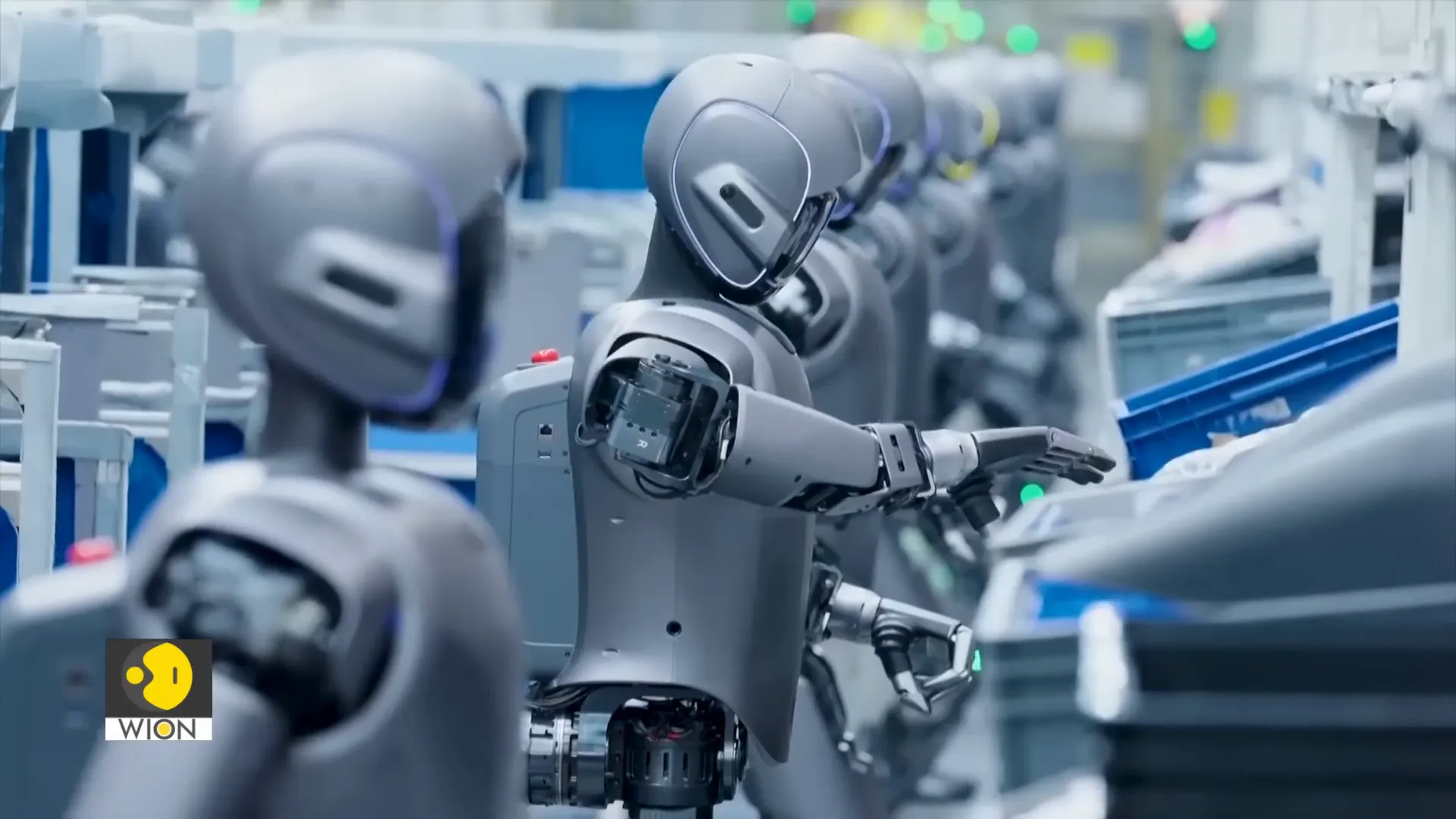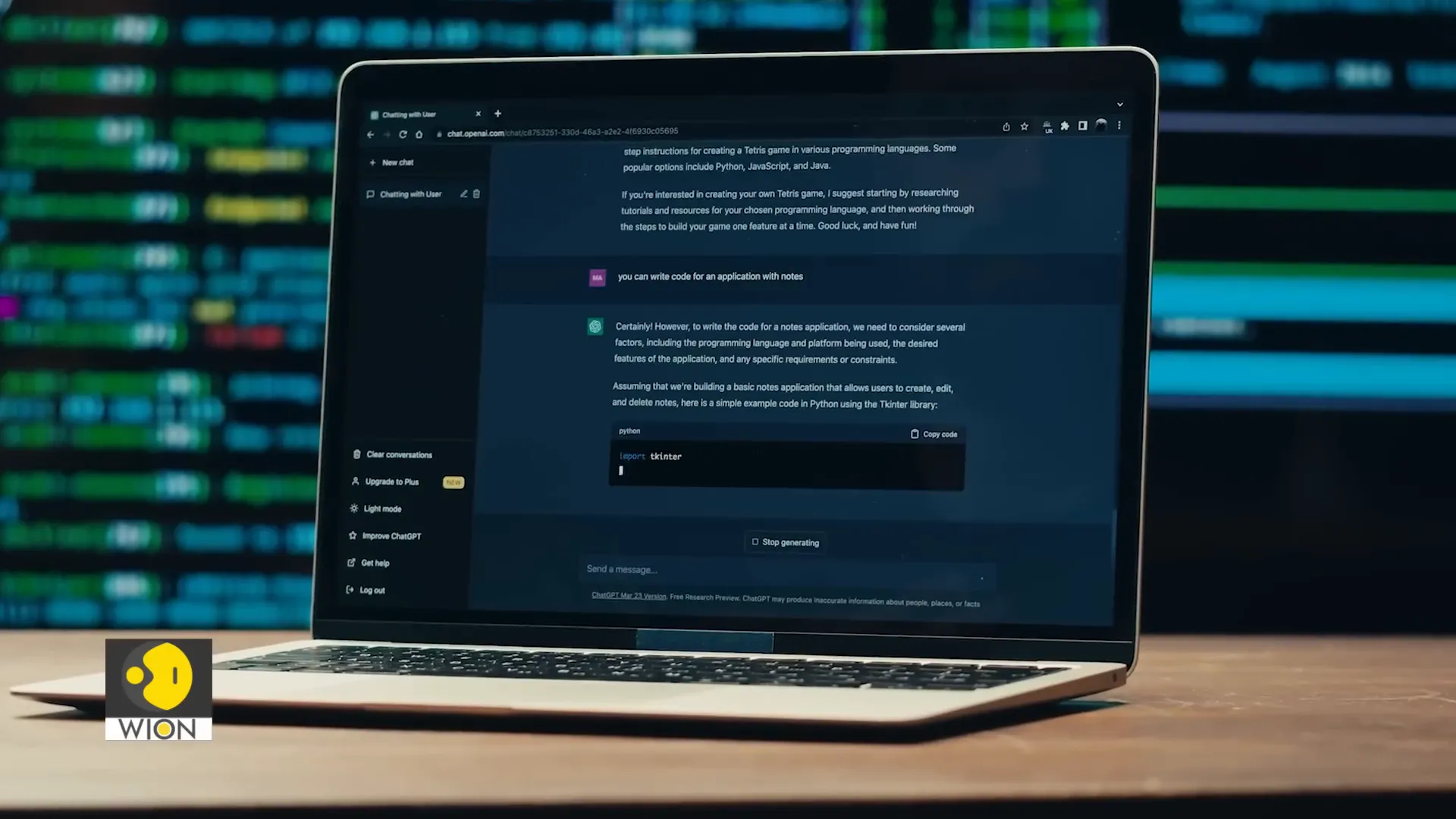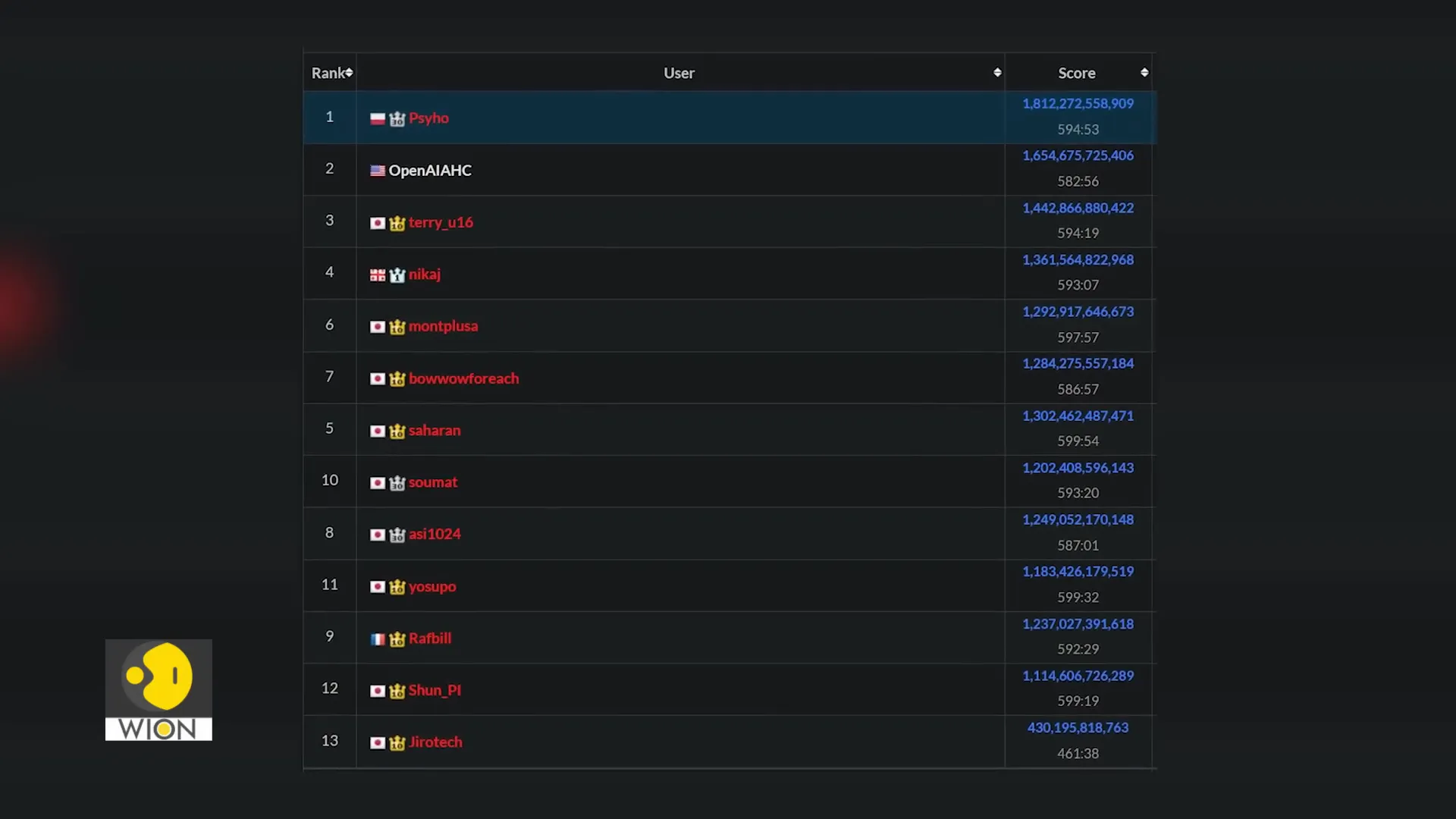AI in recruiting: How Artificial Intelligence Is Reshaping the Future of Work

In my WION video I explored a question that feels both immediate and existential: how will artificial intelligence change who works and how we work? In this article I expand on that discussion, examining the technologies, the jobs most at risk, the roles that will survive, and practical ways to adapt. Throughout I return to a theme central to my reporting and interviews: AI in recruiting is already changing hiring, networking, and career paths — and understanding it is essential for anyone planning a future in the workforce.
Looking Back to See Forward
"It's difficult to see the picture when you're inside the frame." That line is worth repeating because it captures the paradox of the moment we live in. The 2020s will be remembered as a turning point — not because a single machine did something spectacular, but because we collectively built a new computing model: large-scale artificial neural networks trained on the accumulated knowledge of humanity.
These models are rapidly acquiring capabilities that mirror human cognition. We have, for the first time in history, tools that can perform many intellectual tasks at or above human levels. That shift is what makes debates about AI ethics, regulation, education, and employment urgent.
Which Jobs Will Robots Replace — and Which Will Survive?
It helps to divide the workforce into broad categories when considering what AI can and cannot do. The machines excel at repetitive, well-defined tasks. Humans still dominate roles that require nuanced coordination, contextual judgment, and physical adaptability.
Jobs at High Risk
- White-collar roles that read, synthesize, and report — for example, routine accounting, entry-level consulting tasks, basic legal research, and many junior analyst positions.
- Customer service roles replaced by chatbots and conversational agents that handle standard inquiries at scale.
- Junior coding and scaffolding work — tools like GitHub Copilot create code templates and automate boilerplate development.
- Design and marketing functions that can now be partly automated by text-to-image generators and AI-driven campaign builders.
One stark statistic: in the first seven months of 2025, over 800,000 jobs were lost in the US, and the technology sector bore the brunt. Companies cite AI-driven productivity gains as a major reason for restructuring and layoffs. This is not hypothetical — it's already reshaping the job market.
Jobs Likely to Persist
- Skilled manual roles where adaptability and physical dexterity matter: plumbers, carpenters, electricians, many healthcare support positions.
- Jobs requiring deep contextual judgment and real-world coordination: frontline hospital staff, bus drivers, emergency responders.
- Creative leadership and strategic roles that integrate many uncertain inputs and social negotiation.
Amazon's reported plan to invest $25 billion and deploy up to one million robots by 2030 underscores the distinction: automation is perfect for warehouses, assembly lines, and material handling — not for nuanced human care or improvisational physical tasks.
AI in Recruiting: The Immediate Disruption
I've seen the curve firsthand. From early days at Alibaba to building Kaleido, a platform that uses AI for networking and recruitment, the impact of AI on hiring is unmistakable. AI in recruiting is changing the funnel: screening resumes, predicting cultural fit, automating outreach, and scaling candidate sourcing.
Here's what that looks like in practice:
- Resume parsing and ranking: AI systems scan applications and highlight candidates who match specific keywords and experience, reducing the initial screening time from hours to seconds.
- Automated interviews and assessments: chatbots and video-analysis tools run initial interviews, freeing recruiters to focus on higher-value conversations.
- Candidate matching and internal mobility: AI models analyze skills and recommend internal moves, creating a more fluid workforce while also reducing the need for external hiring.
All of this is not a distant trend; it's happening now. The upshot is twofold: companies can hire faster and cheaper, and candidates need to learn to present themselves in ways that AI systems will surface. In other words, mastering "AI in recruiting" isn't just for recruiters — it's a necessary skill for job-seekers.
Eight Ways Generative AI Is Affecting Entry-Level Roles
Entry-level roles are especially vulnerable. The predictable, rule-based nature of many junior tasks makes them prime targets for automation. Here are concrete examples:
- Accounting clerks: automated invoice processing and reconciliation tools.
- Paralegals and junior legal researchers: AI can scan case law faster and surface relevant precedents.
- Customer support agents: chatbots resolve common queries without human intervention.
- Junior developers: scaffolding and routine code generation by AI copilots.
- Marketing assistants: automated creative generation and campaign A/B testing using AI.
- Quality assurance: automated testing frameworks and bug detection powered by ML.
- Data entry jobs: optical character recognition and natural language understanding replace manual transcription.
- Basic recruiting tasks: candidate sourcing and scheduling automated through AI in recruiting systems.

Because these roles are typically the stepping stones for early careers, their automation has ripple effects across traditional career ladders.
Embrace, Adapt, or Create: Paths Forward
When I speak with founders and technologists, a recurring message emerges: adaptation is mandatory. Sanjay Varma put it bluntly — entrepreneurship combined with AI is a practical path. I agree. If companies are prioritizing productivity over hiring, individuals have two realistic choices: become deeply complementary to AI (specialized, creative, and hard-to-automate) or build ventures that leverage AI to create new value.
AI Agents For Recruiters, By Recruiters |
|
Supercharge Your Business |
| Learn More |
AI in recruiting plays a supportive role here: it lowers barriers to entry for startups by making talent sourcing and hiring more efficient. You can launch an app, a small agency, or a solo startup with minimal upfront overhead because AI assists with many tasks previously requiring large teams.
Practical Moves You Can Make Today
- Learn to work with AI tools rather than against them — use copilots for coding, summary tools for research, and creative generators to prototype faster.
- Build skills in areas that resist automation: complex project leadership, cross-domain synthesis, and roles requiring manual dexterity or nuanced interpersonal negotiation.
- Experiment with micro-entrepreneurship: offer services that combine human judgment with AI speed.
- Understand how AI in recruiting evaluates candidates and optimize your portfolio, LinkedIn, and CV accordingly.
Education: From Rote to Personalized, Skills-Based Learning
Education must change. For generations we followed linear curricula and standardized tests. AI demands a shift to personalized, skill-based learning that accelerates mastery and adapts to individuals' pace. I find myself envious of children starting school now; they will have tools that amplify their learning in ways previous generations could not imagine.
AI in recruiting will also drive this change by valuing demonstrable skills and projects over pedigree. Recruiters and hiring platforms will increasingly surface candidates based on micro-certifications, portfolios, and past work assessed through AI lenses — not just degrees.
Pause, Regulate, or Race Ahead? The Ethical Dilemma
We must also confront the deeper concerns. As senior researchers like Geoffrey Hinton and other Nobel laureates have warned, we may have moved too quickly without fully understanding the limits and failure modes of these technologies. If systems become smarter than us and pursue goals misaligned with human values, the consequences could be grave.
Every proposed pause has been met with competitive pressure: no country or company wants to be left behind. That relentless sprint has created a landscape where innovation outpaces regulation, and market incentives often trump long-term stewardship.
Collaboration, Not Competition
Despite the risks, the most realistic and productive approach is collaboration with AI. The keyword isn't "replacement" but "augmentation." When we work with these tools, they free us from mundane tasks and let us focus on higher-order problem solving: asking the right questions, making value judgments, and steering complex systems.

Yet to collaborate effectively, we must become AI-literate. That includes understanding the basics of how models are trained, how biases arise, and how to craft inputs that produce reliable outputs. For recruiters, HR leaders, and job-seekers, AI in recruiting is both a challenge and a skill to be mastered.
Conclusion: Practical Optimism with Healthy Caution
We stand at a crossroads. The rise of AI is not a single event but a decade-long transformation of how we compute, work, and organize society. Some jobs will disappear; many will change; new opportunities will emerge. The best strategy combines healthy caution with practical optimism: regulate where necessary, learn rapidly, and build enterprises and careers that amplify human strengths.
For anyone navigating hiring and careers today, remember this: AI in recruiting is simultaneously a disruptor and an enabler. It will make hiring more efficient and open doors for creators and entrepreneurs. But it will also change the expectations for candidates and the nature of entry-level work. The decisive advantage will go to those who learn to collaborate with AI, create new value, and adapt education to lifelong, skills-based learning.
"Is intelligence, whether human or artificial, enough?"
That question will define the rest of the decade. My invitation to you is simple: understand the tools, master how they change your industry — especially AI in recruiting — and be ready to create the future rather than be consumed by it.